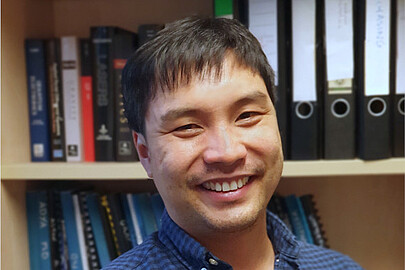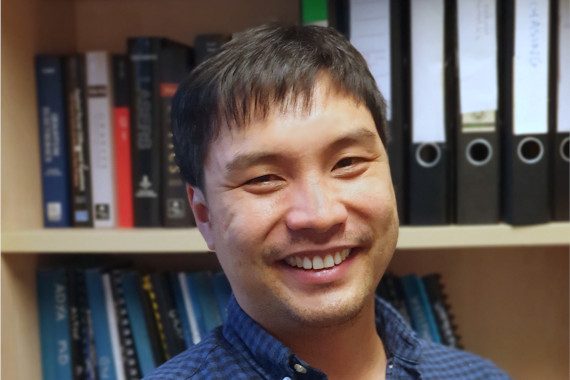

30167 Hannover


30167 Hannover
Who are you and what is the topic of your research group?
I am an experimental physicist who enjoys getting things to work, and getting them to work well. My group focuses on developing and prototyping new technology for gravitational wave detectors, such as advanced LIGO and the future Einstein Telescope, to improve their sensitivity. We can test these technologies in our 10 m Prototype facility, which will contain the “Sub-SQL Interferometer”. This interferometer is designed to be similar to a gravitational wave detector, but have a sensitivity limited by the standard quantum limit (SQL).
Which research question are you working on?
The overarching research question for our group is “how can we improve the sensitivity of gravitational wave detectors?”. Gravitational wave detectors have become so sensitive, that quantum fluctuations is one of the main factors limiting their performance. So one of the following questions for us is therefore “how can quantum noise in gravitational wave detectors be reduced?”
What makes this topic special/exciting for you?
I am motived by the precision metrology and pushing the limits on how accurately we are able to measure, as well as developing a deep understanding of what is limiting our instrument. I am still amazed that gravitational wave detectors are able to measure the stretching and compressing of space-time due to black holes and neutron stars billions of light year away.
How does your topic help to push the boundaries of what can be measured?
Our research is directly aimed at improving the gravitational wave detectors by investigating techniques to suppress both technical noise sources, as well as quantum fluctuations interacting with interferometer laser light and mirrors. Improvements to gravitational wave detectors will not only allow weaker gravitational wave signals to be measured, but also those from the early universe. As a result, it is hoped that future detectors, which we aim to contribute to, will be able to answer fundamental questions in astrophysics and cosmology such as: “what is happening inside neutron stars?”, “what is dark energy?“, and “what are the origins of the universe?”
What is special about participating in the QuantumFrontiers cluster of excellence?
QuantumFrontiers has created an amazing space where researchers can come together from different fields but are united by our common goal of pushing the boundaries of metrology. This has created a unique opportunity for us to learn from each other and open up new opportunities.






